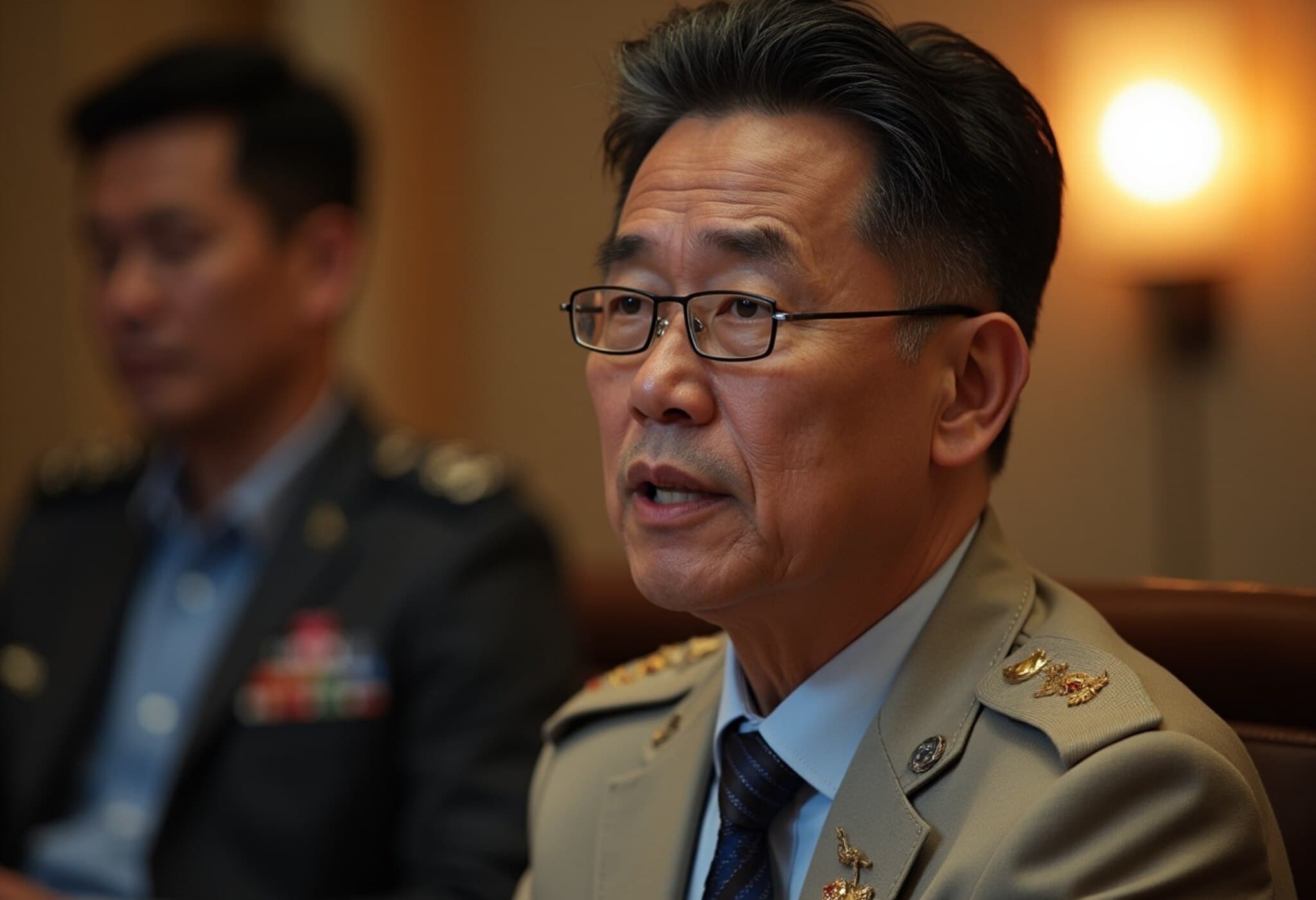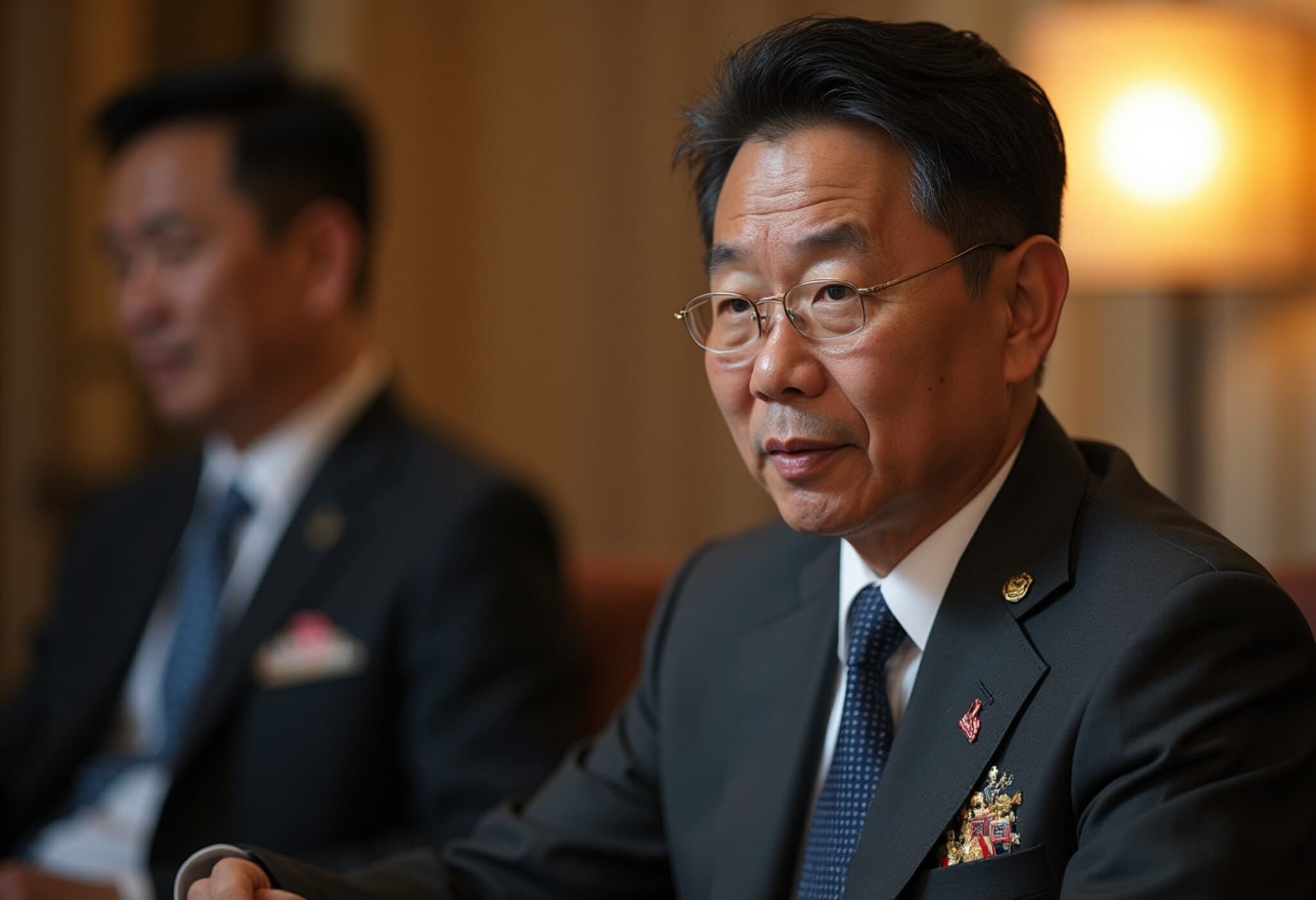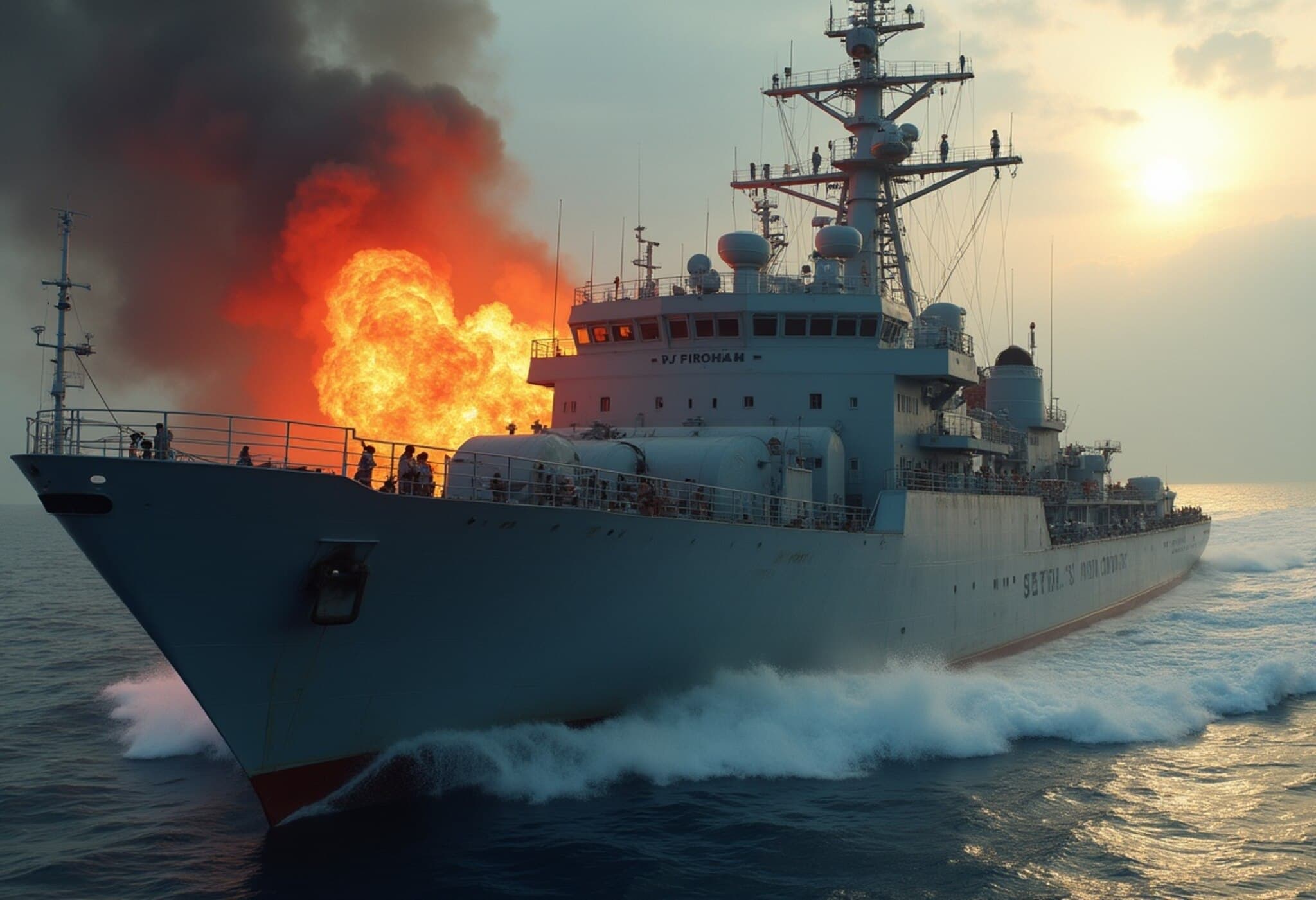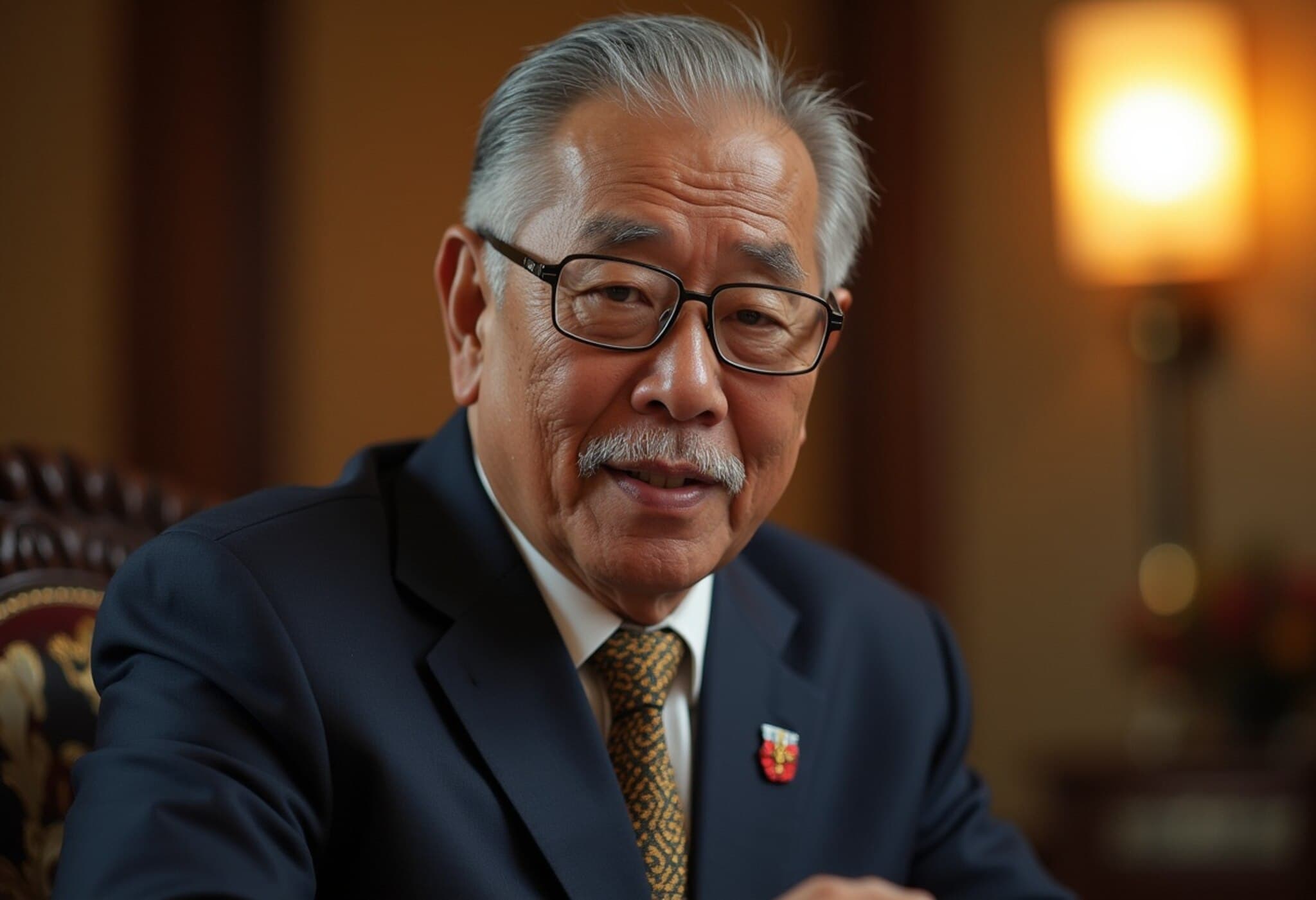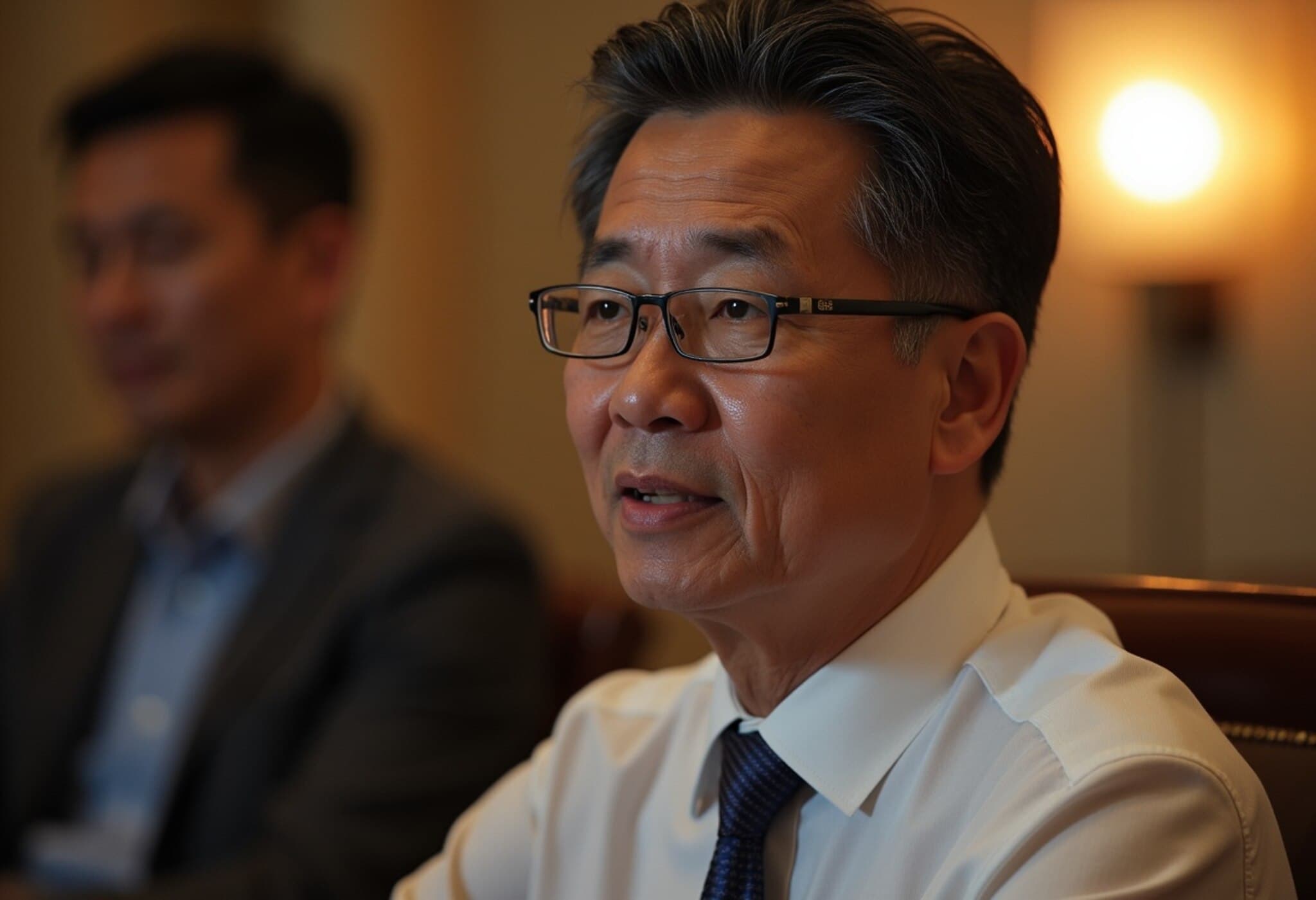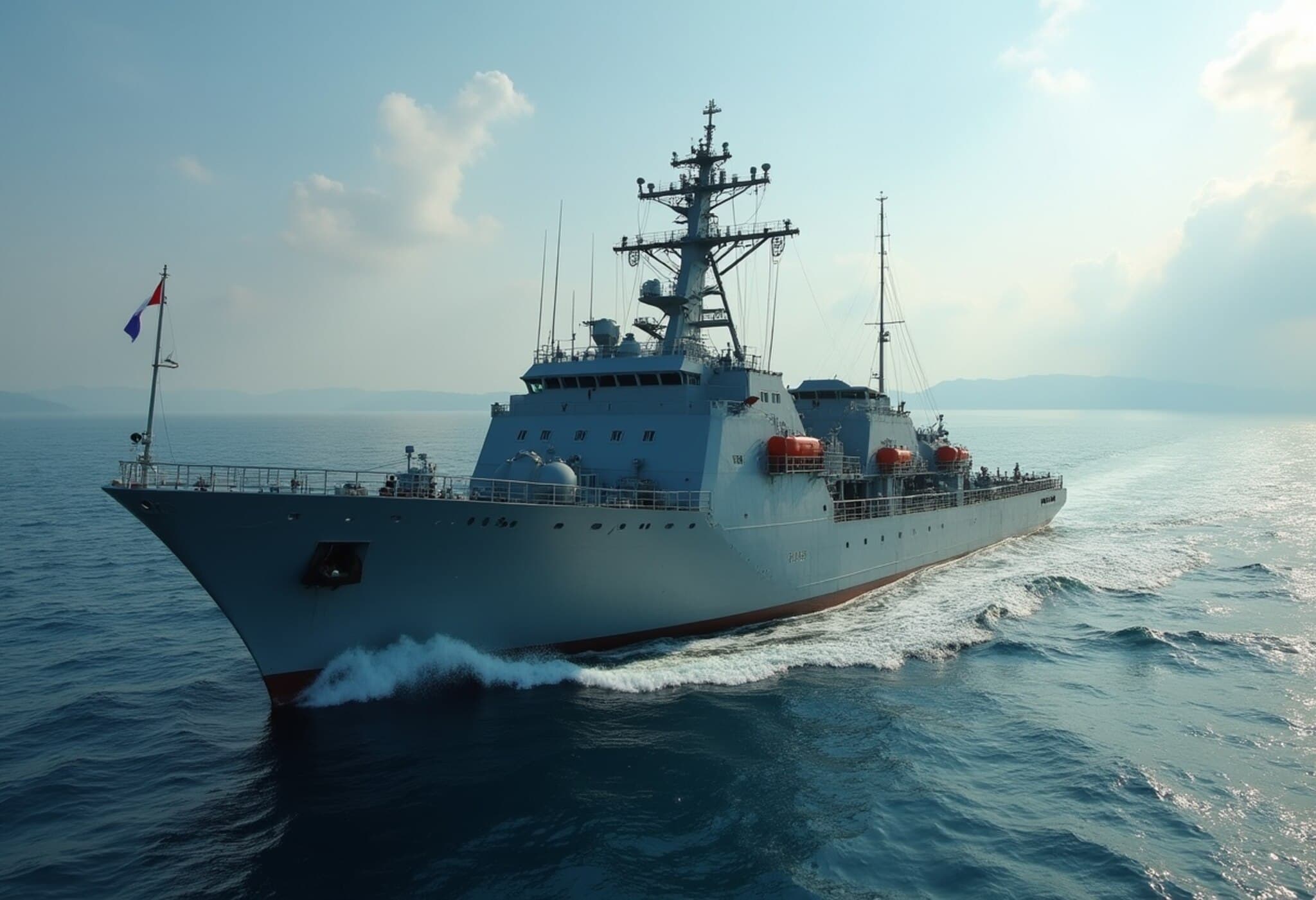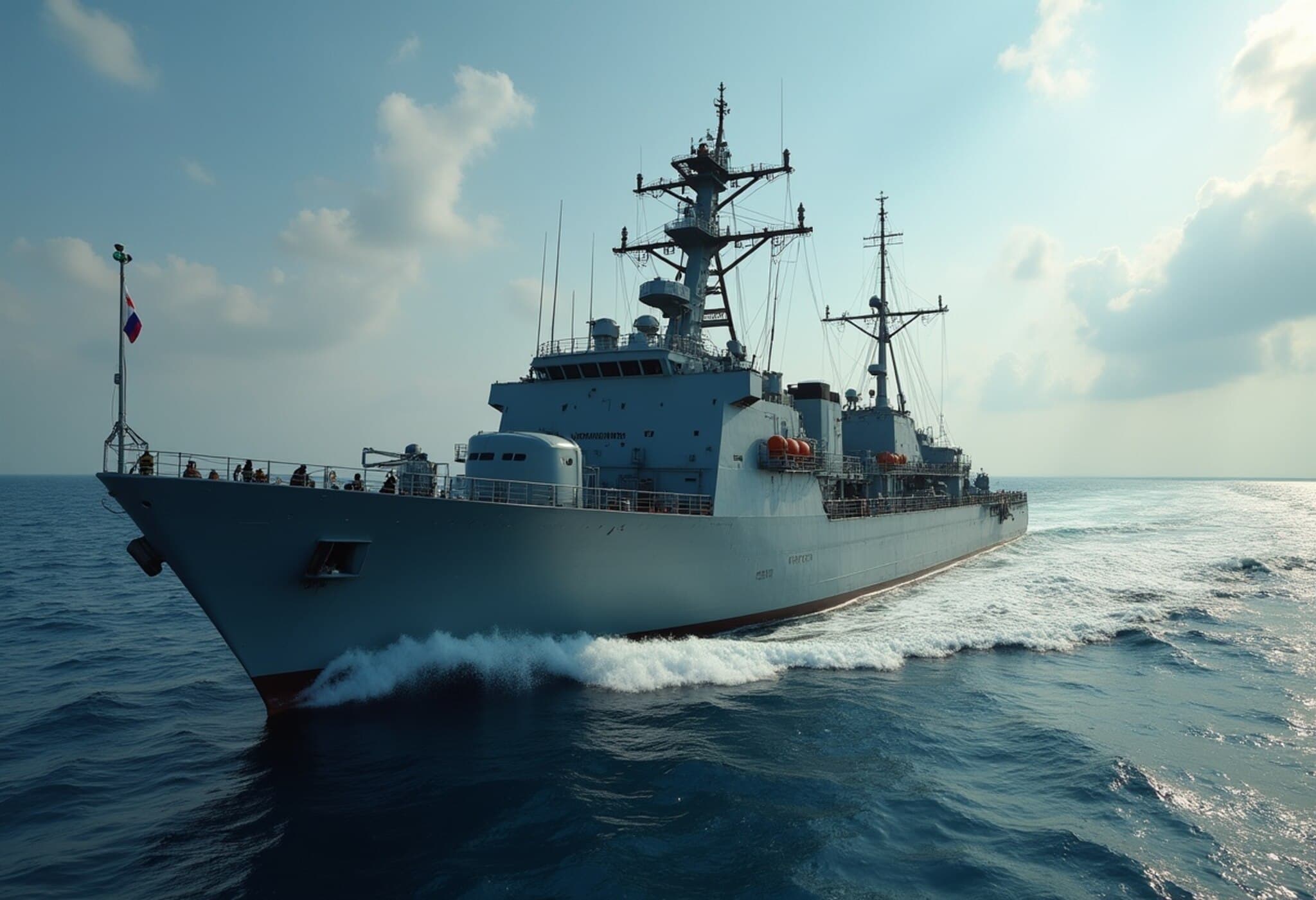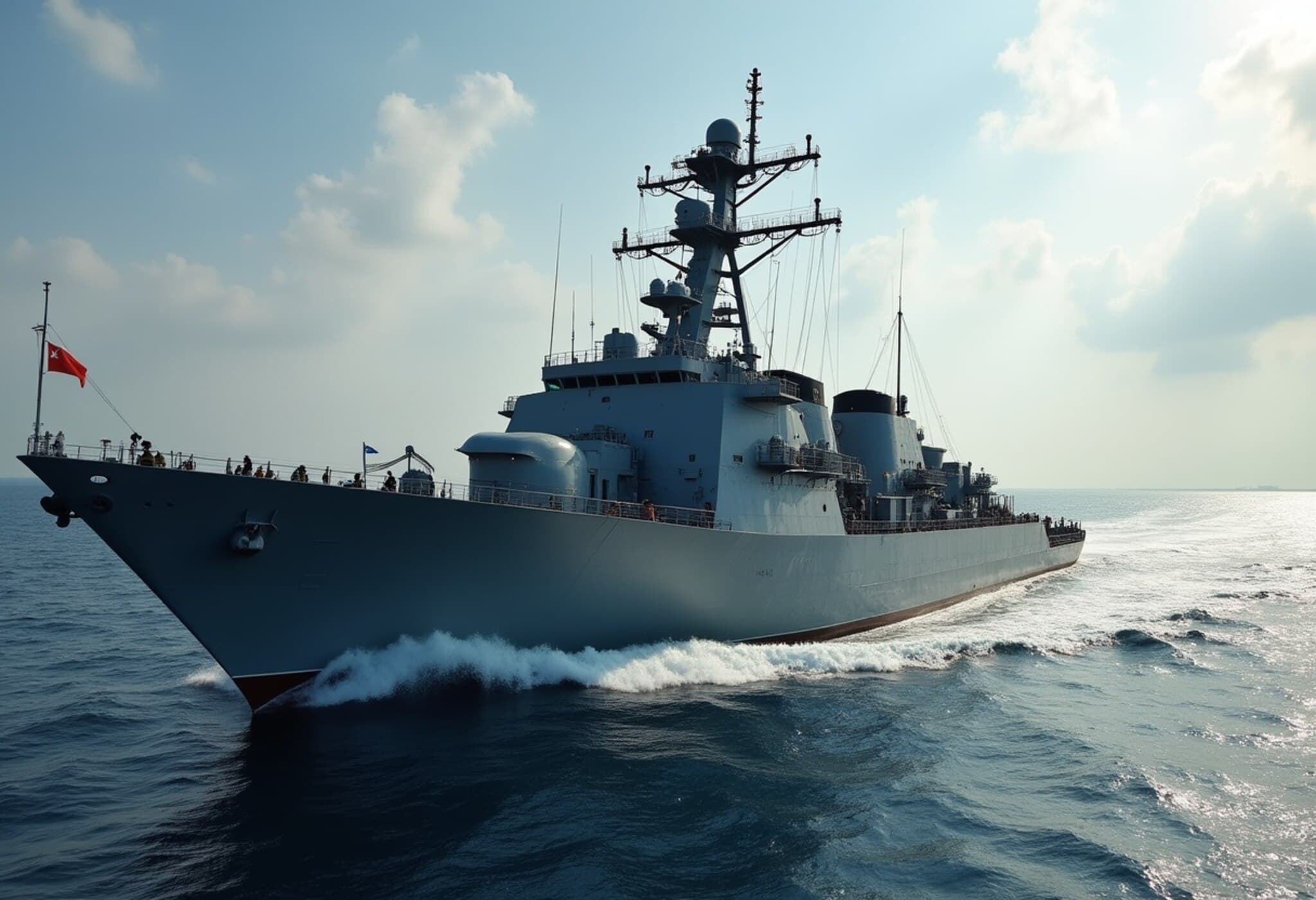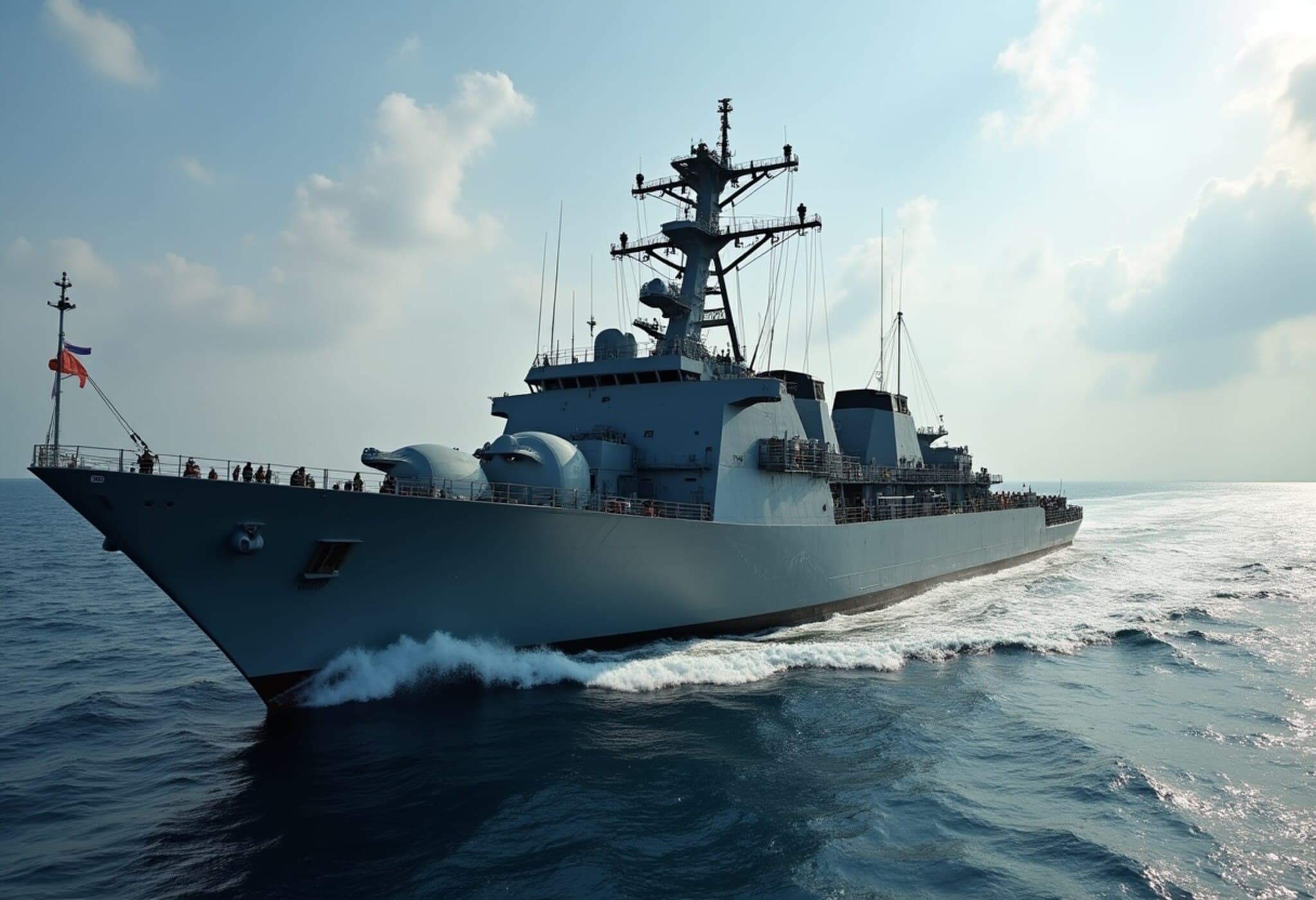Philippine President Marcos Issues Stark Warning on Taiwan Conflict
In an increasingly tense geopolitical landscape in Asia, Philippine President Ferdinand Marcos Jr. has delivered a sobering message that his country could be forcibly drawn into any military conflict over Taiwan — "kicking and screaming," as he put it. His remarks, made during a visit to India and shared in an exclusive interview with Firstpost, have generated significant ripples across regional diplomatic circles and provoked an angry response from Beijing.
Geopolitical Flashpoints: Taiwan and the South China Sea
The Philippines shares a complex and precarious position in Asia’s evolving power dynamics, especially regarding the South China Sea, a key global maritime route rich in fishing grounds and potentially vast natural resources. The area is a crucible of overlapping territorial claims, notably between China and the Philippines, but also involving Vietnam, Malaysia, Brunei, Taiwan, and others.
President Marcos emphasized the inescapable reality of geography that binds the Philippines close to this flashpoint — approximately 200,000 Filipino workers reside in Taiwan, highlighting not only proximity but deep social and economic ties.
"If There Is a War, We Will Be Drawn In"
Marcos expressed a candid and strategically significant viewpoint: the Philippines would be inevitably pulled into a conflict over Taiwan despite any hesitations. The vivid imagery of being dragged "kicking and screaming" underscores the grave strategic challenges Manila faces in navigating between China’s rising assertiveness and its own national security imperatives.
"We do not want to go to war," Marcos clarified during a Manila press briefing, "but if it happens, we need to be prepared." His comments aimed to realistically assess risk rather than provoke conflict, yet Beijing swiftly condemned the statements as "playing with fire" and interfering in internal Chinese affairs.
Rising Tensions and Regional Security Alignments
Since assuming office in mid-2022, President Marcos has taken a firm stand against China’s maritime expansionism, which has included militarization of contested islands and aggressive coast guard actions. This stance marks a departure from more conciliatory periods in Philippine diplomacy toward China.
In response to Beijing’s actions, including the recent use of water cannons against Philippine vessels near Scarborough Shoal, Marcos has strengthened diplomatic and military ties with the United States and allied democracies across Asia and Europe. Countries such as Japan, Australia, India, and several EU members have become important partners in a multilateral effort to deter Beijing’s assertiveness.
International Legal Context and Sovereignty
Marcos reaffirmed that despite opposition from any quarter, including China, the Philippines would steadfastly defend its sovereignty and uphold its sovereign rights based on international law. Notably, a 2016 ruling by an international arbitral tribunal dismissed China’s expansive claims under the "Nine-Dash Line" as having no legal basis, although China refuses to recognize this verdict.
Expert Analysis: Navigating a Treacherous Diplomatic Terrain
From a strategic policy perspective, the Philippines finds itself in a precarious balancing act. While economic interdependency with China remains significant, the need to secure territorial integrity and safeguard vital maritime routes pushes Manila closer into the security orbit of the United States and its allies.
Experts note that Marcos’s candid admission of inevitable involvement in a Taiwan conflict signals a pragmatic recognition of regional realities. It also reflects a shift toward a more realistic, less idealistic security posture that acknowledges the Philippines’ limited ability to remain neutral amid great power rivalries in the Indo-Pacific.
What This Means for the Indo-Pacific Region
- Regional Stability Risks: The Philippines’ strategic location and alliance recalibrations underscore escalating risks of broader conflict from localized disputes.
- Alliance Architecture: Manila’s widening partnerships hint at a more integrated security architecture among democracies counterbalancing China’s rise.
- Human Dimension: The large Filipino diaspora in Taiwan adds an often overlooked humanitarian concern amid geopolitical tensions.
Conclusion: Preparing for Uncertain Times
As tensions over Taiwan and contested maritime zones intensify, the Philippines is fortifying its defenses and diplomatic ties, preparing for eventualities that many hope to avoid but must nonetheless reckon with. Marcos’s frank admission serves as a call to acknowledge the complex and sometimes uncomfortable realities in Asia’s evolving security environment.

